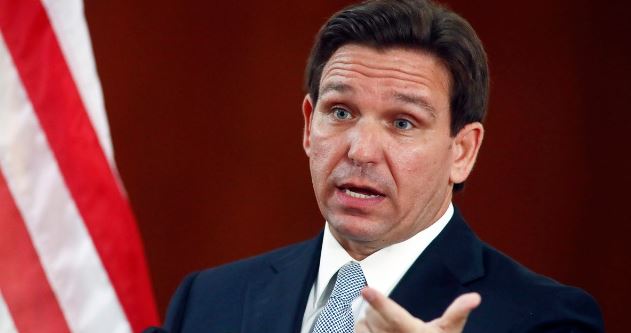Florida Flooding Highlights DeSantis’ Controversial Climate Agenda

Recent severe flooding in Florida has brought renewed scrutiny to Governor Ron DeSantis’ climate policies, which many critics describe as inadequate in the face of increasing extreme weather events. This scrutiny comes as DeSantis signed a bill that significantly downplays climate change considerations in state law.
Legislation Details
The new legislation, effective July 1, 2024, eliminates most references to climate change from Florida state statutes. It also bans offshore wind turbines and prioritizes the expansion of natural gas infrastructure. DeSantis has framed these measures as protecting the state from “radical green zealots” and ensuring a stable energy grid, free from what he perceives as detrimental environmental regulations.
Public and Environmentalist Reactions
Critics argue that this legislation ignores the pressing realities of climate change, particularly for a state as vulnerable as Florida. With rising sea levels, increasing temperatures, and more frequent severe storms, environmentalists and climate advocates stress the need for robust climate policies. Yoca Arditi-Rocha, executive director of the Cleo Institute, labeled the bill as “cognitive dissonance” and a move to protect fossil fuel industry profits rather than the interests of Floridians.
Political Implications
The controversy over DeSantis’ climate policies is amplified by the state’s recent flooding, which has caused significant damage and disruption. Critics argue that downplaying climate change will only exacerbate such problems, making communities less resilient to natural disasters. This legislative shift has become a focal point for discussions on how state policies should address—or fail to address—climate-related risks.
IFlorida’s recent flooding has underscored the contentious nature of Governor DeSantis’ climate agenda, bringing both public and political attention to the potential long-term consequences of minimizing climate change in state policy.





